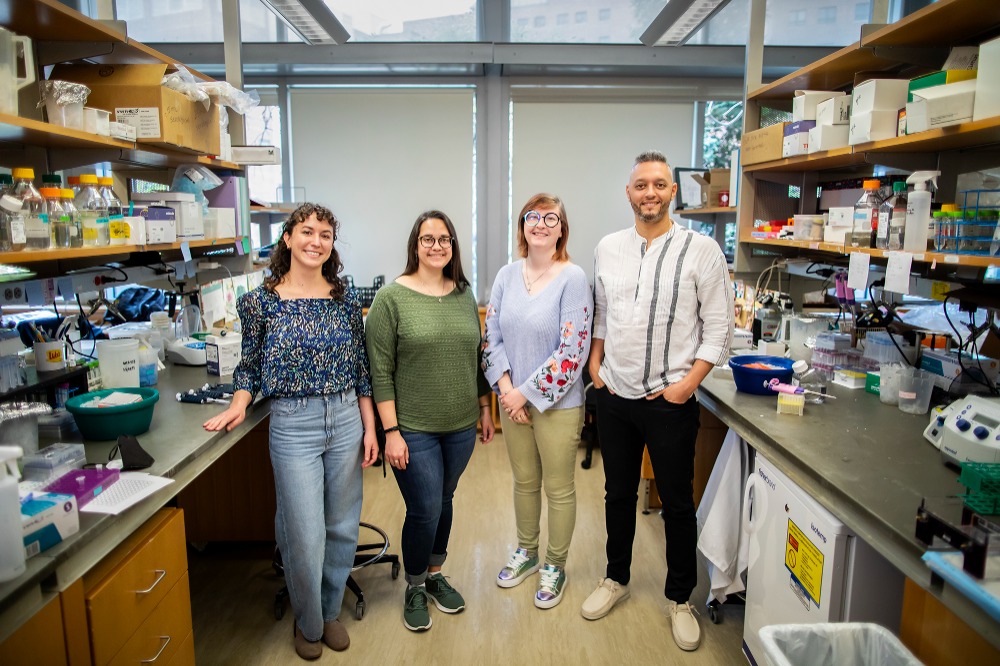
Aman Husbands, Ph.D.
University of Pennsylvania
The School of Arts and Sciences
Department of Biology
Lab: 121 Caroline Lynch Building
Office: 103B Caroline Lynch Building
433 S University Ave
Philadelphia, PA, 19104

Research Interest
Despite coordinating incredible morphological complexity, developmental patterning is remarkably robust. We are interested in uncovering the properties that allow complex biological processes, like development, to occur so reproducibly. One attractive system to study these ideas is the production of flat leaf architecture. The leaves of many species emerge from the stem cell niche as radially symmetric bumps, then develop into long and wide, but very shallow, structures. Leaves have solved this difficult biological problem by using the boundary between their dorsal (adaxial or top) and ventral (abaxial or bottom) sides as a guide to orient their growth. Ensuring the dorsoventral axis is rigorously specified and maintained is thus key to the robust nature of flat leaf production. We exploit the complex, gene regulatory network underlying dorsoventral patterning to assess the determinants – and their interactions – that lead to robust developmental outcomes in multicellular organisms.
A parallel but overlapping project involves the CLASS III HOMEODOMAIN LEUCINE ZIPPER (HD-ZIPIII) proteins. This ancient family of transcription factors arose at least 700 million years ago, and was repeatedly co-opted to drive several evolutionarily-important innovations, including flat leaf production, stem cell maintenance, and vascular patterning. In addition to DNA-binding and dimerization domains, HD-ZIPIII proteins contain a StAR-related transfer (START) domain, raising the intriguing possibility that HD-ZIPIII activity may be under direct control of a lipophilic ligand. Determining how HD-ZIPIII proteins are able to function in such different developmental contexts, and identifying their putative ligands, are central goals of the lab. Given their broad and deep conservation throughout the plant kingdom, we are also considering these ideas through the lens of evolution.
Lab Members
| FIRST NAME | LAST NAME | TITLE | |
|---|---|---|---|
| Aman | Husbands | PI | ayh@sas.upenn.edu |
| Sarah | Choudury | Postdoc | sgchoud@sas.upenn.edu |
| Nicole | Callery | Lab Manager | ncallery@sas.upenn.edu |
| Courtney | Dresden | Grad Student | cdresden@sas.upenn.edu |
| Ashton | Holub | Grad Student | holub.28@osu.edu |
| Rahan | Siddiqi | Undergrad | rsiddiqi@sas.upenn.edu |


